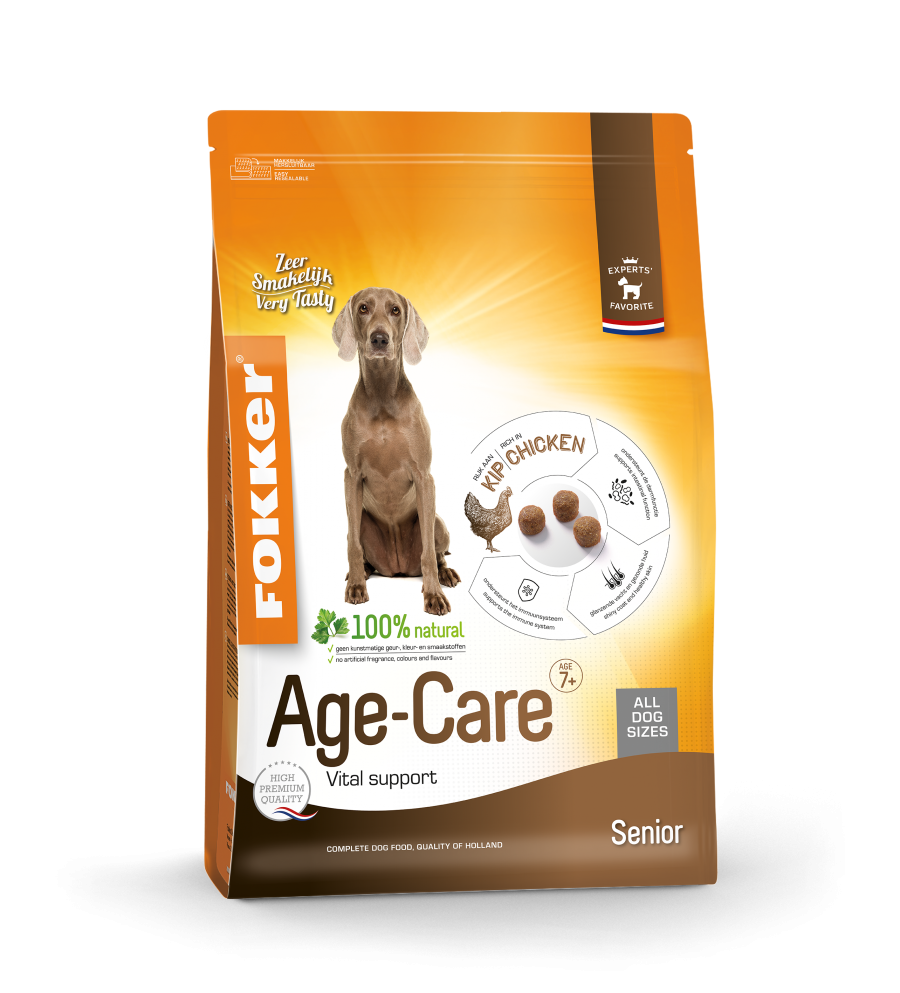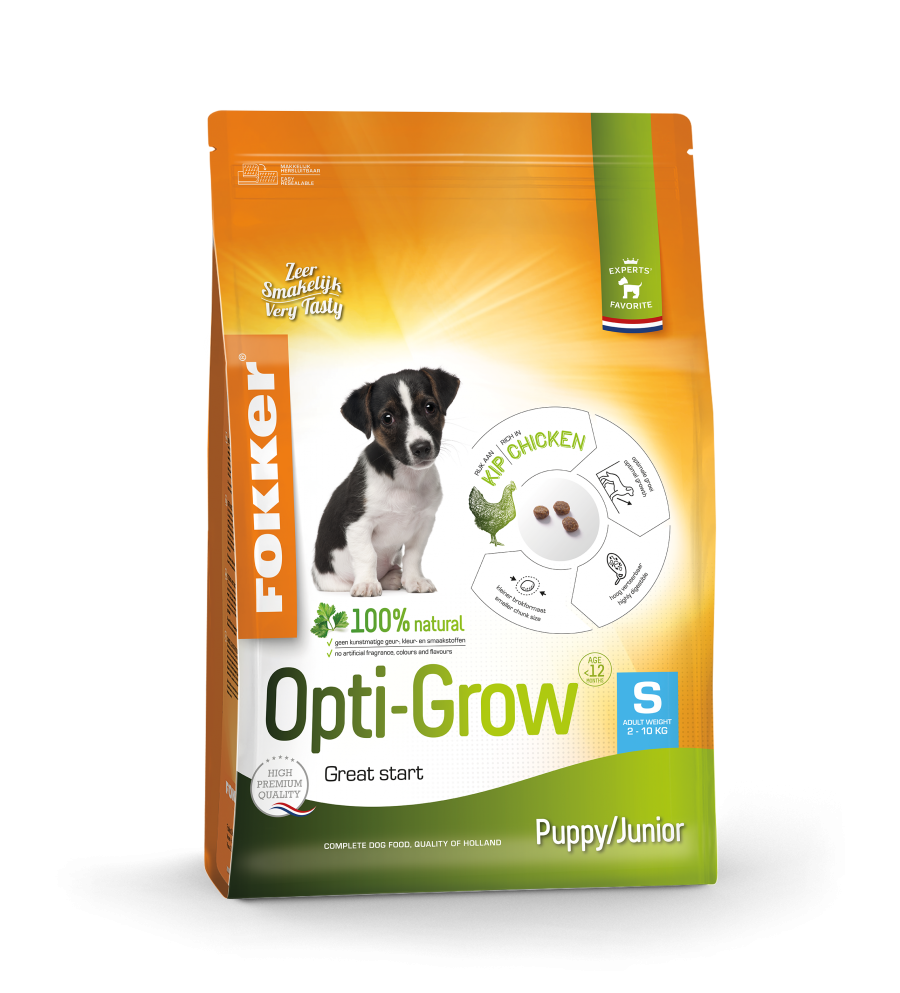Dogs can also get stressed
Stress. If you ever have it yourself, you know that it is not nice to suffer from it for a longer period of time.
Dogs can also become stressed. For example, if they have to go to the vet or with fireworks during New Year's Eve. This stress is annoying, but usually short-lived.
Long-term stress is less harmless.
In this blog you can read how to recognize long-term stress in dogs and what you can do to make your dog zen again.
For stress in dogs – just like in humans – there are many causes to think of.
Boredom, loneliness, too many stimuli, a feeling of insecurity and tensions in the house can all lead to stress. This stress can be both physical and mental. Dogs that get too little exercise often become stressed because they cannot lose their energy. While dogs that live in a busy house get stress from the many sounds they hear.
How do you recognize stress in your four-legged friend?
Stress manifests itself differently in every dog. These signals occur regularly:
- Physical: shaking, shivering, freezing, drooling
- Vocal: barking, squeaking, whining
- Breathing: panting, yawning
- Behaviour: turning your head or eyes away, sneaking, hiding, shaking off, collapsing or lying on your back
- Food: eat quickly or do not take the time to empty the bowl, flatulence, diarrhea or constipation due to tension.
Not every signal immediately indicates stress. A dog that lies comfortably in his bed and yawns before falling asleep is just relaxed. Therefore, pay particular attention to changes in the normal behavior of your four-legged friend. If you suddenly see that your dog is restless, panting more than usual or suddenly barking a lot, then it is good to find out where that behavioral change comes from.

Prolonged stress is not good.
Not for people, and not for dogs either. If you notice that your dog is restless for a long time, you would do well to discuss this with the veterinarian. This can help to find out where the stress comes from and give advice on how to solve it.
One of the best ways to reduce stress in your dog is to go for a nice walk. During a walk, your four-legged friend can lose his energy and be completely dog for a while. As a result, he makes happiness hormones that help reduce stress. Bonus is also that people recover from a nice walk in nature. So grab that belt and go out together.
Furthermore, always try to understand why your dog is stressed. By giving him some extra attention in a difficult situation – for example during a move – you can already prevent a lot of stress.
Food and stress
In addition to walking, chewing also has a calming effect on dogs. Feeding your dog a bone can therefore help reduce stress. Playing or puzzling also provide a distraction from a stressful situation. Give your dog his kibble with a food game, so that he gets extra challenge during the meal. Fun and (if it works out) stress reducing!
Of course, a nice meal is in itself a bright spot in your dog's day. Fokker has food for every stage of life, specific nutritional needs and even for real gourmets.
Signing up is agreeing to our conditions.

 Language
Language  Login
Login





